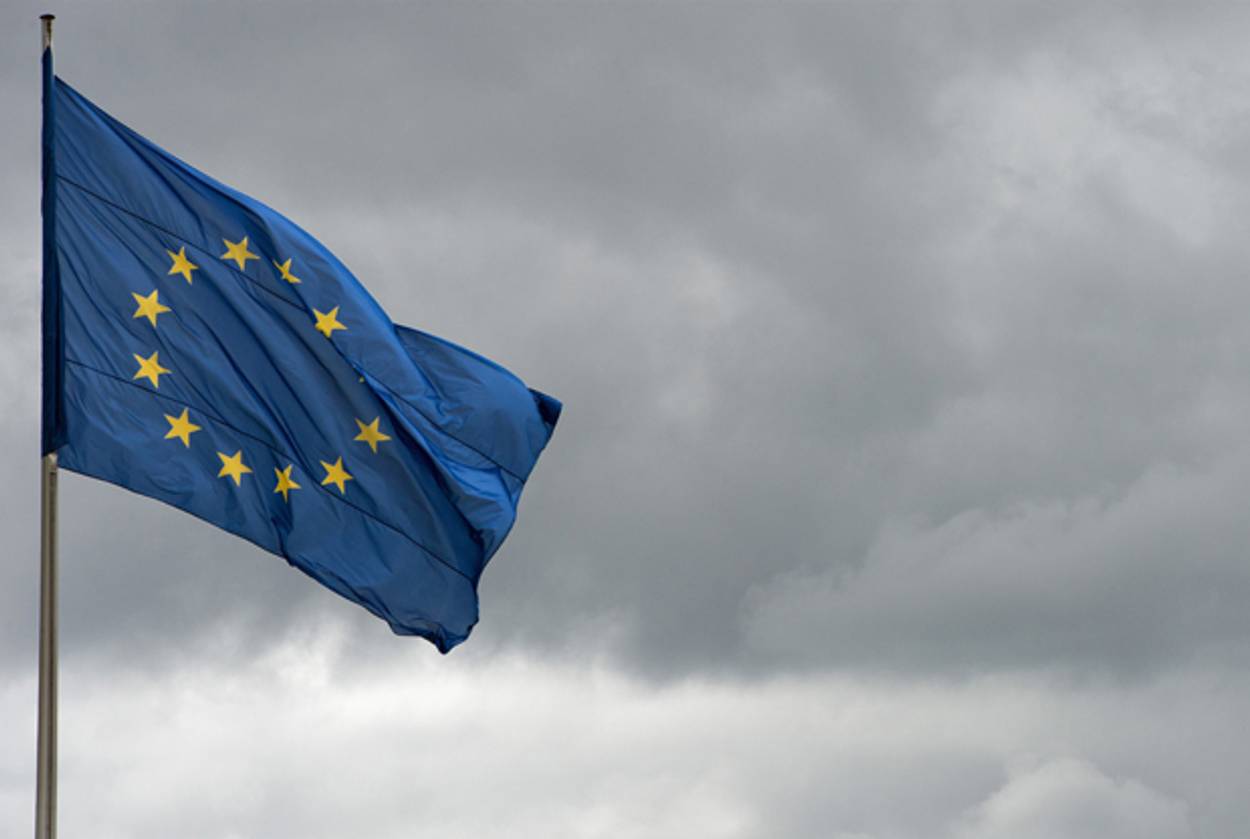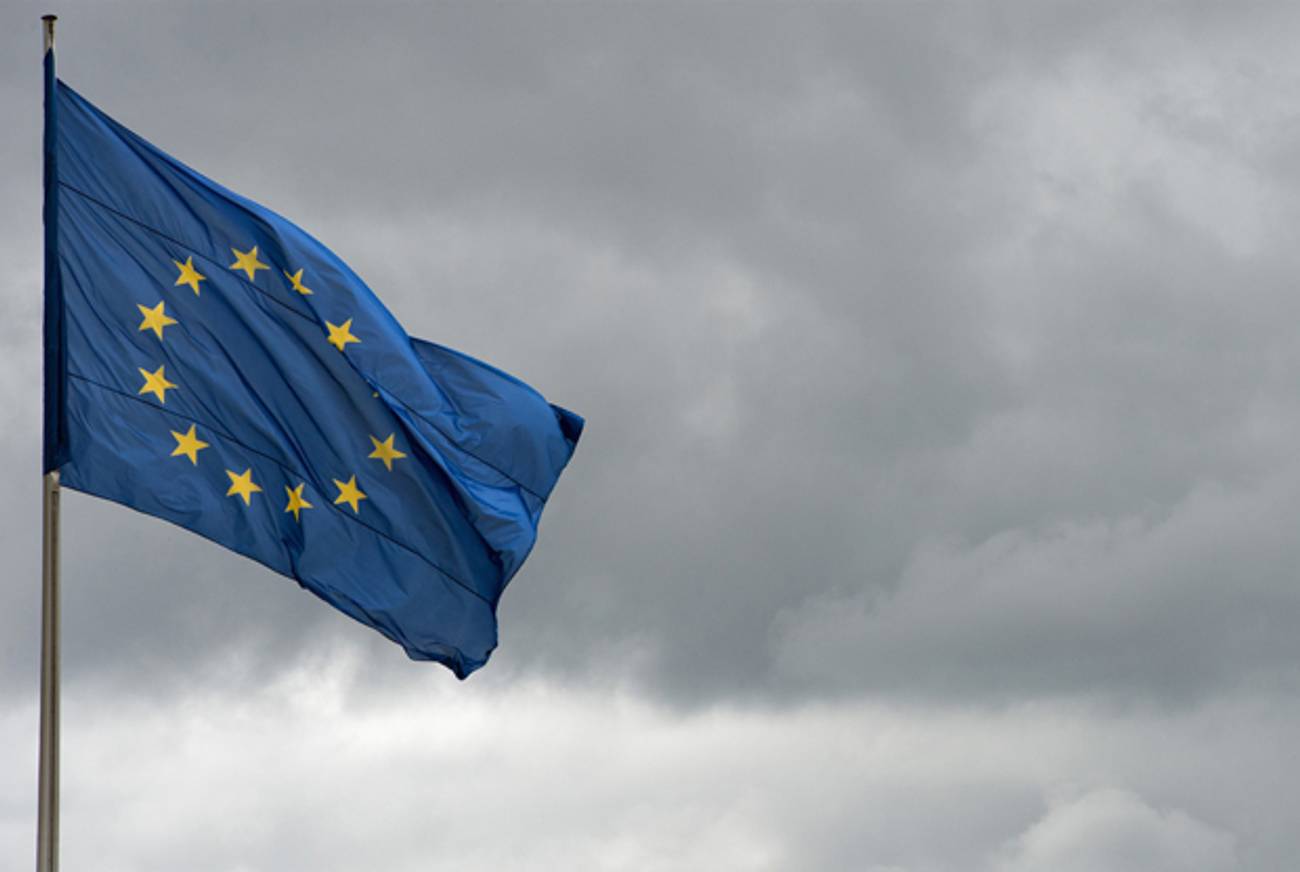In Europe, Anti-Semitism Looks Like Other Hate Crimes
But 68 percent of Jews said in a survey they hide their Jewishness sometimes




When the European Union Agency for Fundamental Rights, known as the FRA, started looking into the issue of anti-Semitism in Europe in 2008, only four out of 28 E.U. member states collected data on the issue. A new study was carried out in eight member states amongst nearly 6,000 self-identified Jewish respondents; the aim was to not only to collect data on abuse and perceptions but also to capture their experiences.
The report, released in November, highlighted similarities between the experiences of Jews and those of others subject to hate crimes, including abused women, the LGBT community, Muslims, Roma and Sinti and other migrants. All these groups often failed to report racist, homophobic, or anti-Semitic incidents they experienced because they believed that nothing come of their complaint. “In that sense,” says Ioannis Dimitrakopoulos of the FRA, “the study is different from similar surveys amongst Jewish populations in the U.S., because these tend to focus less on hate crime and more on Jewish life, whilst this one focused more on hate-crime.”
He spoke yesterday in London at a symposium on the FRA study results, organized by the Pears Institute, the Institute for Jewish Policy Research (IJPR) and the Parliamentary Group on Anti-Semitism at the House of Commons. The audience included experts on anti-Semitism and racism, Members of Parliament, police officers and others.
Dimitrakopoulos explained that the report also highlighted differences among Jews from different countries. For example, while in Belgium and France Jews identified anti-Semitism as mainly coming from “people of a left-wing persuasion,” in Hungary, Italy and Latvia they identified “people of a right-wing persuasion.” But the internet was labelled by nearly all respondents as the main place where they encountered anti-Semitism. Other findings showed that most Jewish respondents did not view mere critique of Israel as anti-Semitic, but only when Israeli actions were equalled to those of German Nazi crimes.
But an astonishing 68 percent of those surveyed said they hide their Jewish identity at least occasionally. Nonna Meyer, of the Centre for European Sciences in Paris, indicated that French Jews were the most worried about anti-Semitism and had the largest group of Jewish citizens considering emigrating. Meyer noted that hate crime incidences in France were on the rise in general, and from nowhere more so than from right-wing circles. She also pointed out that among people of North African and Arab background by and large neither religion nor Israel was the basis of anti-Semitism, but rather an envy that had absorbed old anti-Semitic stereotypes, such as the belief that Jews looked after themselves and had more money, power and acceptance compared to others.
A follow up meeting is scheduled for the end of April 2014, and according to Dimitrakopoulos the American Jewish Committee and the U.S. Justice Department have requested to be briefed on the report in May.
Previous: New Survey: Europe Has a Jewish Problem
Related: In Europe, Elites Create the Atmosphere That Allows Popular Anti-Semitism to Grow
Daniel Zylbersztajn is a German-Jewish journalist based in London who writes for several German newspapers. His Twitter feed is @Zylbersztajn.